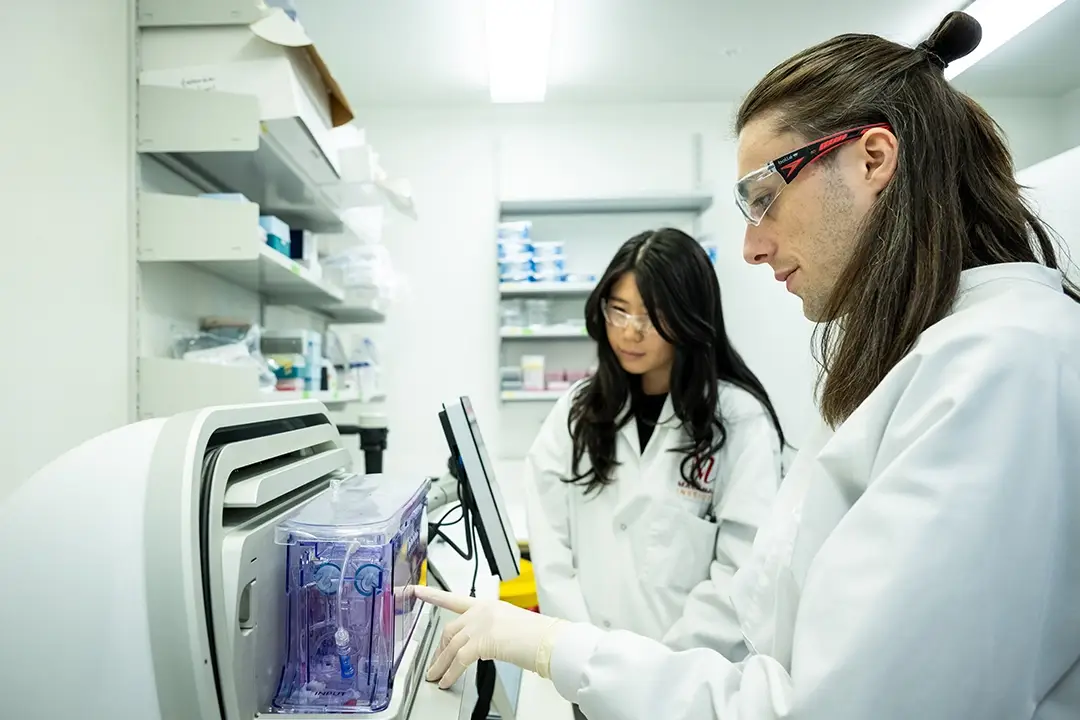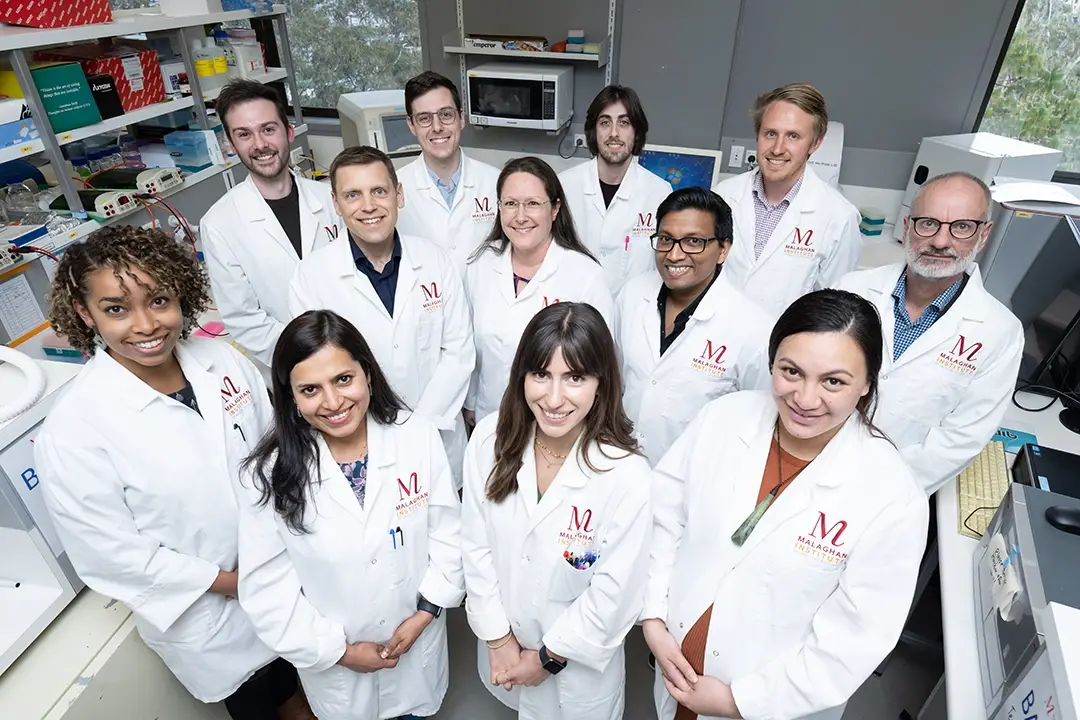CAR-T Therapy – Engineering the future of cancer care in New Zealand
17 July 2025

Over 22,000 people are diagnosed with blood cancer each year in NZ and Australia, with more than 6,000 expected to lose their lives in 2025 alone. Recent breakthroughs in the Malaghan Institute’s novel cancer treatment, CAR-T therapy, are now unlocking new options for patients and global opportunities for New Zealand.
Chimeric Antigen Receptor T cell (CAR-T) therapies represent a powerful and personalised approach to treating cancer. They harness the patient’s own immune system to target and destroy cancer cells – offering hope where conventional treatments fall short. However, barriers such as high manufacturing costs and safety factors have made CAR-T therapies difficult to implement in New Zealand’s health system.
This led Clinical Director Dr Rob Weinkove, Deputy Director Professor Ian Hermans, and General Manager Mike Zablocki to form an international partnership to develop a viable CAR-T programme tailored to local needs.
What followed was a commercialisation process years in the making and involving many ‘firsts’ for New Zealand. This included leveraging a world-class collaboration with Chinese partners to establish Wellington Zhaotai Therapies Ltd, creating a GMP-compliant manufacturing process and licensing a local manufacturing facility, setting up all regulatory and clinical trial infrastructure from scratch, and bringing together a multidisciplinary network of scientists, clinicians, and business development and regulatory experts.

In 2023, the Phase I ENABLE trial was successfully completed in New Zealand, unlocking over NZ$10 million in private investment for a Phase II trial, attracting international attention, and leading to the creation of BioOra in 2024, a Bridgewest Ventures–backed biotech startup focused on automating CAR-T manufacturing.
With Phase II trials underway, Malaghan Institute’s CAR-T product is now on the cusp of an even bigger breakthrough: being delivered to the public as a viable and accessible treatment option, and positioning New Zealand as a global leader in next-generation medicine.
Impact at a glance:
- Received $40,000 in PreSeed Accelerator Funding
- Manufacturing products for Phase 2 trials to treat up to 60 New Zealanders
- Raised more than $6M in investment funding and employs 28 staff
- Groundbreaking treatment set to be in clinic within two years

